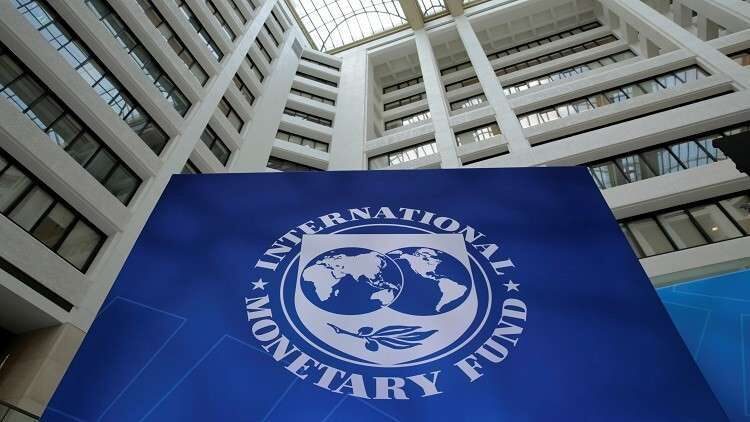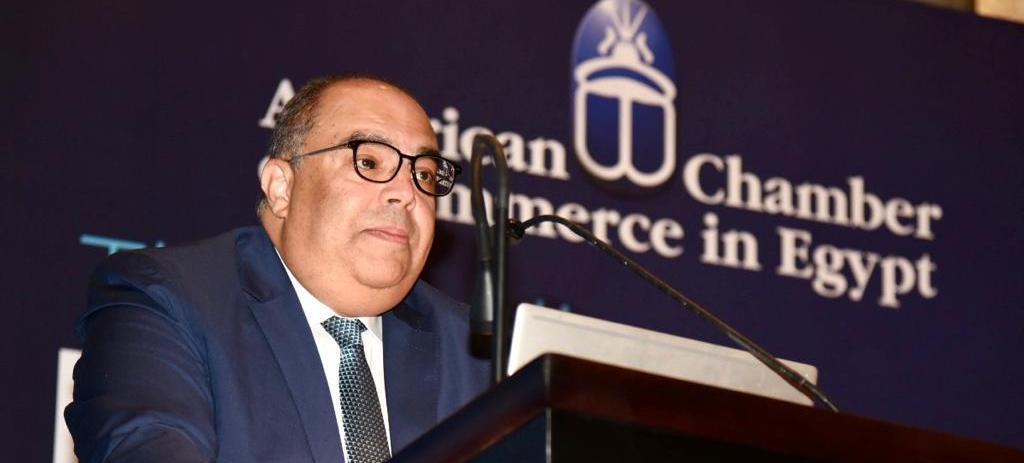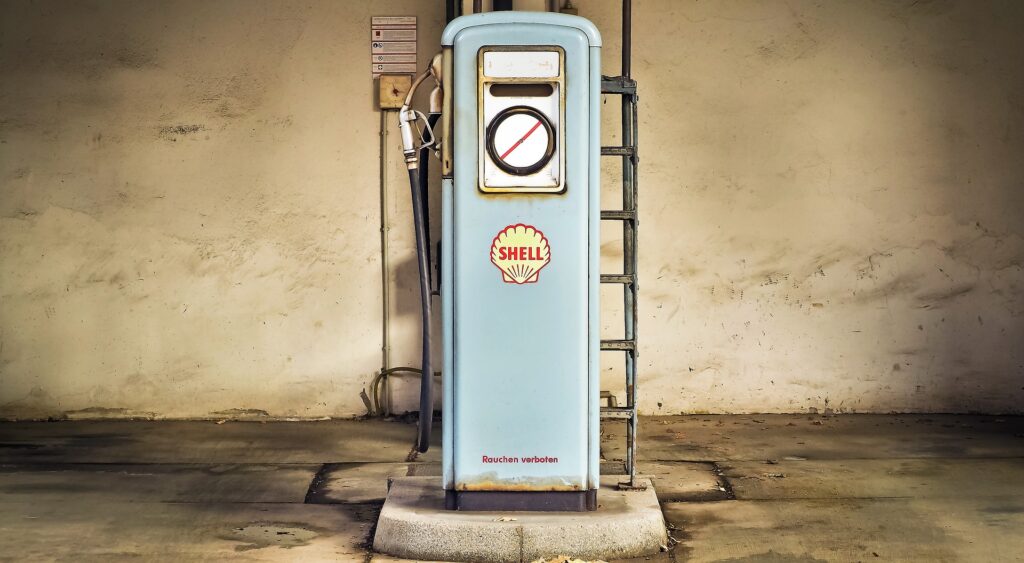Multiple private banks in Egypt, including Commercial International Bank (CIB), QNB Al Ahli, and Arab Investment Bank (AIB), have issued three-year Certificates of Deposit (CDs) with yields ranging between 19% and 22%, as a bid to absorb liquidity from the local market to tame inflation.
The CDs are offered with various maturities and disbursement plans.
Egypt, which is suffering a shortage in the US dollar liquidity and a $17 billion financing gap through the second half of FY2026/2027, has been taking several actions to curb elevating inflation. The North-African country has devaluated the local currency, continuously raised key interest rates, and most recently, offered new high-yield CDs.
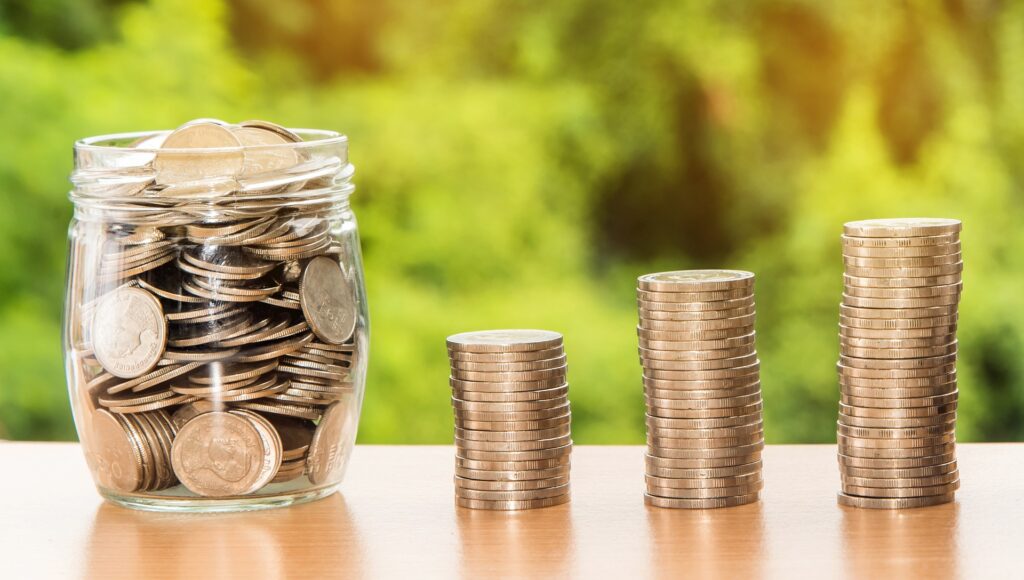
Yet could newly offered high-yield CDs do the trick and withdraw excess liquidity from the market to cool the inflation?
For the first time in 2023, the Central Bank of Egypt (CBE) hiked key interest rates by 2%, or 200 basis points (bps) to 18.25%, 19.25%, 18.75%, and 18.75%, respectively, for the overnight deposit rate, overnight lending rate, main operation rate, and the discount rate. This action brought the total hikes the CBE applied to the key interest rates since March 2022 to 10%, or 1000 bps, a record level.
“Offering high-yield CDs is a logical solution for the local market amid unprecedented inflation,” Group Chief and Risk Officer at CI Capital Omar Radwan told Business Monthly. Proceeds of the 18%-yield CDs that national banks issued in March 2022 were disbursed a year later, on March 19, 2023.
“This will feed local inflation if there are no saving vessels to absorb it,” he commented.
Responding to the harsh implications of the Russian-Ukrainian conflict sparked in March 2022, the National Bank of Egypt (NBE) and Banque Misr issued the 18%-yield CDs with a one-year maturity to bid to curb elevating inflation.
What does the public think?
In this respect, Business Monthly asked current CDs holders if they are interested in the latest 19% three-year yield certificates offered by multiple public and private banks.
Engineer Mohemed El-Saadany, an 18%-yield CD holder believes new CDs offered are lucrative to maintain capital and save money without risks.
“This is the safest way to save money amid the soaring inflation, the depreciation of the Egyptian pound, and also the higher prices of gold that hindered me from investing my money,” according to El-Saadany.
Sharing the same sentiments, Lamiaa El-Adawy, a mother of two children and a housewife, told Business Monthly she is willing to buy the new CDs, especially the ones with a decreasing 22% yield once her 18%-yield CDs are due. “These kinds of saving vessels are perfect in times of crises,” she said.
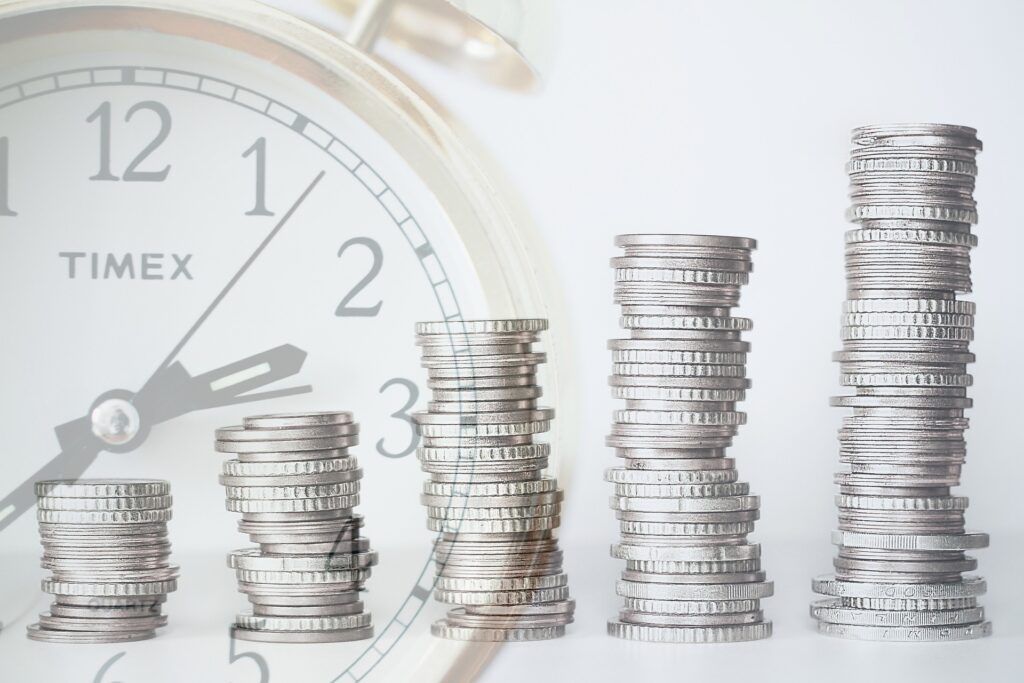
Soaring inflation
Egypt’s headline inflation accelerated in March to over 32%, while the core inflation cooled in March to below 40% in the same month, according to the latest readings published by the Central Agency for Public Mobilization and Statistics (CAPMAS) and the CBE, respectively.
These rates are significantly above the CBE’s target of 7% (±2%) through the end of 2023, 3-16% in March 2023, and 3 -15% in June 2023, according to government commitments under its $3 loan deal with the International Monetary Fund (IMF) approved in December, which extends over a period of four years.
“All banks have to offer new high-yield saving vessels to keep up with the high levels of inflation. These CDs are not the only solution available to curb inflation, but they control individuals’ spending, consequently affecting inflation positively,” Radwan explained.
Proceeds of CDs reached $3.5 billion (EGP 109 billion) within three days of their issuance, according to most-up-to-date figures announced by NBE and Banque Misr, who were the first banks to issue the new high-yield CDs. NBE and Banque Misr have issued two three-year CDs; one with a fixed-monthly yield of 19%, and the other with a decreasing yield of 22%.
Absorbing liquidity
Speaking to Business Monthly, Banking Expert Ahmed Shawky said that CDs are attractive to holders looking for no-risk saving solutions. Demand for the decreasing 22% yield CDs will be high, he expects.
“The government targets bringing down the inflation to 16% in the forthcoming FY2023/2024, which begins in July. Thus, investing in the 22% yield CDs will interest the majority due to the big rate and yield gap between older and newer CDs,” Shawky explained.
He noted that the issuance of high-yield CDs is a huge tool to absorb liquidity from the local market, in addition to other tools including the monetary tightening policy.
On fiscal policy, Shawky asserted that Egypt should increase the subsidies bill in the coming FY 2023/2024.
Current subsidies for food and fuel are worth EGP 246 billion, which represents only 8% of the total expenditure in the current FY2022/2023, which is estimated at about EGP 3 trillion.
He concluded that the government needs to pay more attention to developing local production, which can contribute to cooling the soaring inflation.



